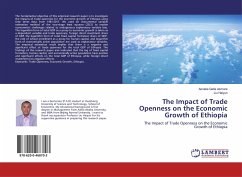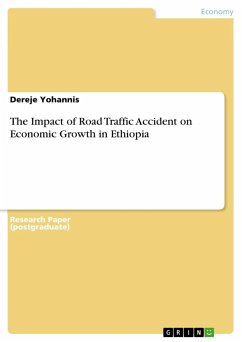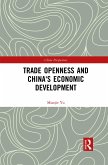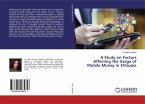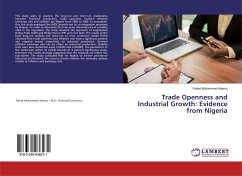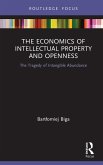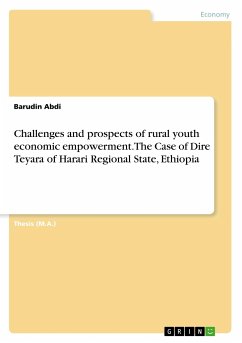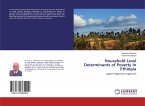The fundamental objective of this empirical research paper is to investigate the impacts of trade openness for the economic growth of Ethiopia using time series data from 1981-2017. We used an instrumental variable estimation method of the two-stage least squares (2SLS) to resolve econometric challenges related to endogenous explanatory variable bias. The logarithm form of total GDP as a proxy to economic growth is taken as a dependent variable and trade openness, foreign direct investment share of GDP, the logarithm form of total fixed capital formation share of GDP, the rate of school enrollment as a proxy for human capital, and logarithm form of economically active population are used as explanatory variables. The empirical estimation result implies that there is a negative and significant effect of trade openness for the total GDP of Ethiopia. The findings of this research paper also indicated that the log of fixed capital formation, human capital, and economically active population have positive and significant effects on the total GDP of Ethiopia, while foreign direct investment has negative effects. Keywords: Trade Openness, Economic Growth, Ethiopia.
Hinweis: Dieser Artikel kann nur an eine deutsche Lieferadresse ausgeliefert werden.
Hinweis: Dieser Artikel kann nur an eine deutsche Lieferadresse ausgeliefert werden.

